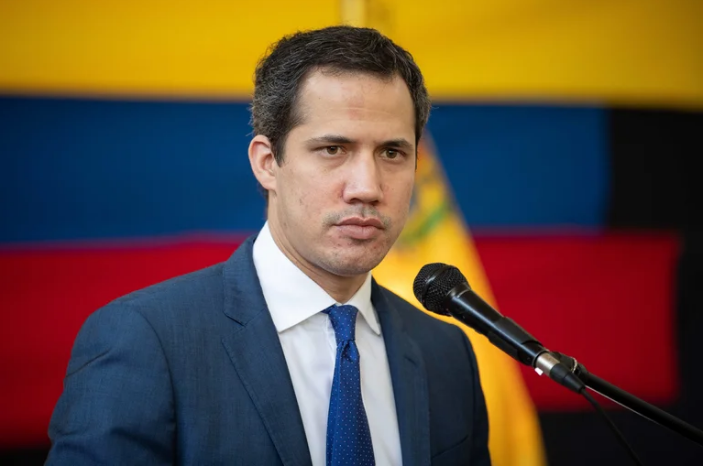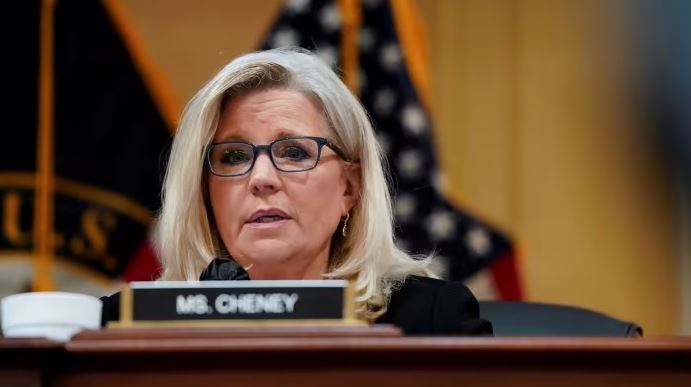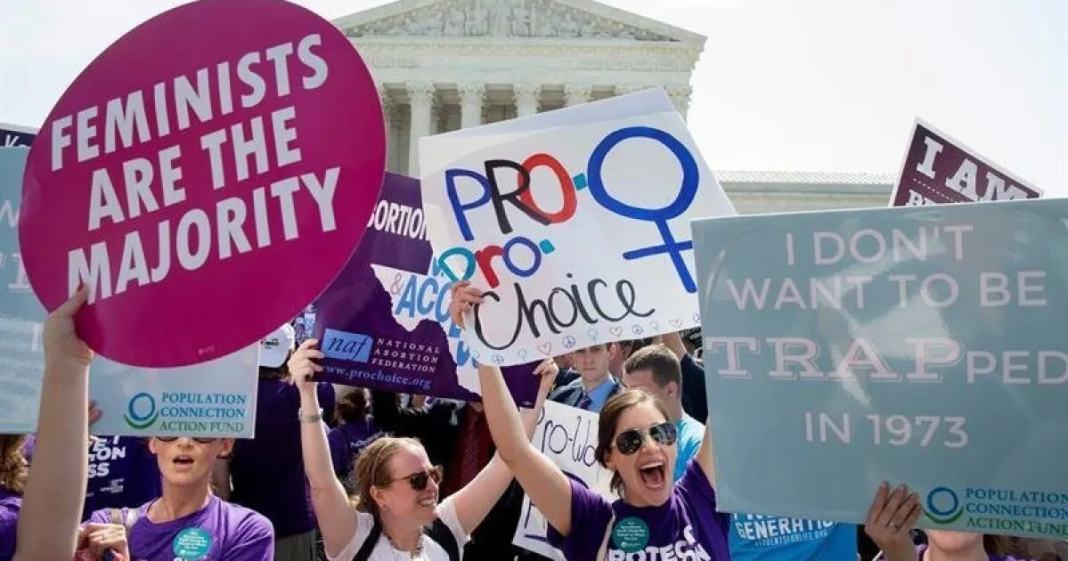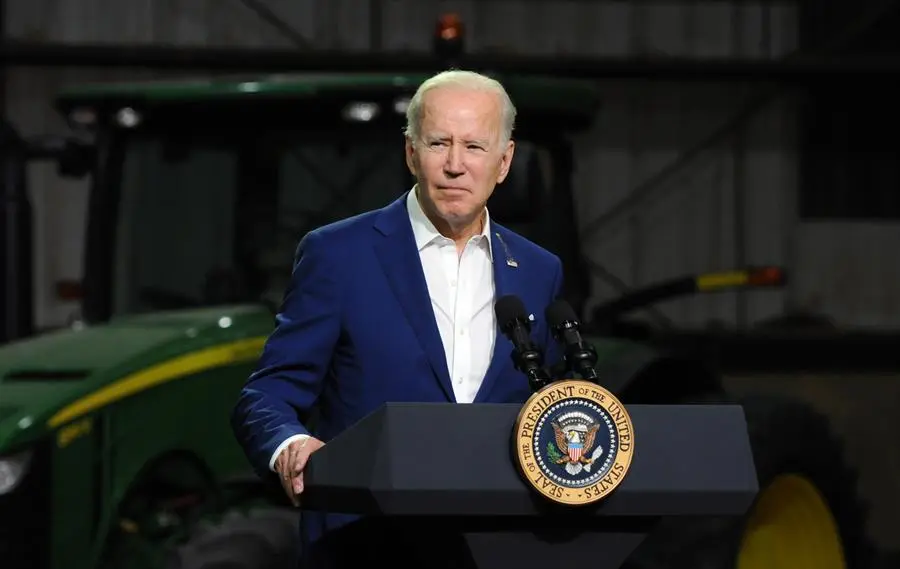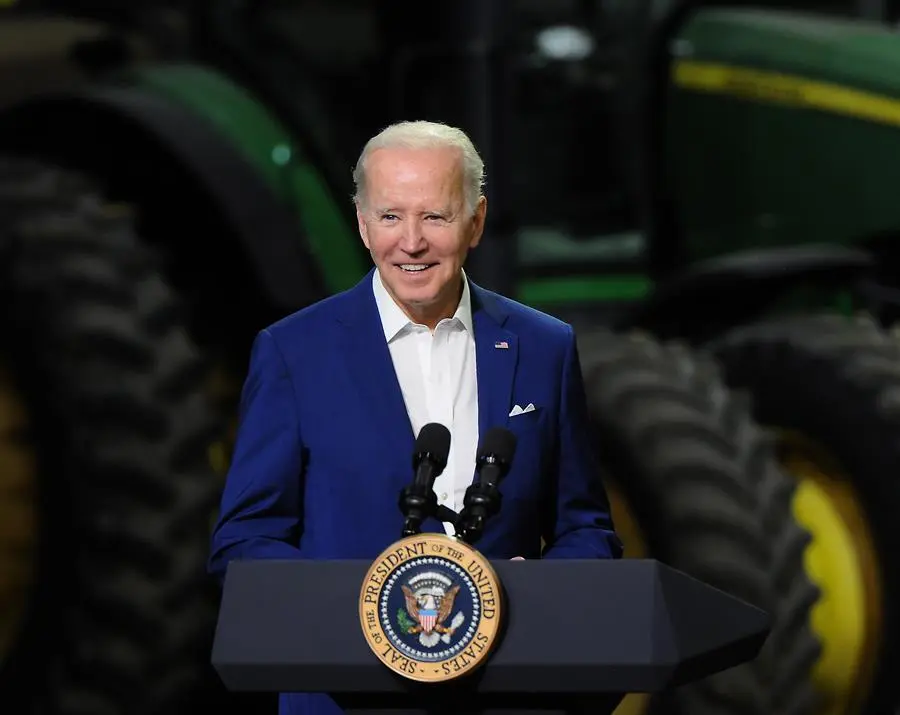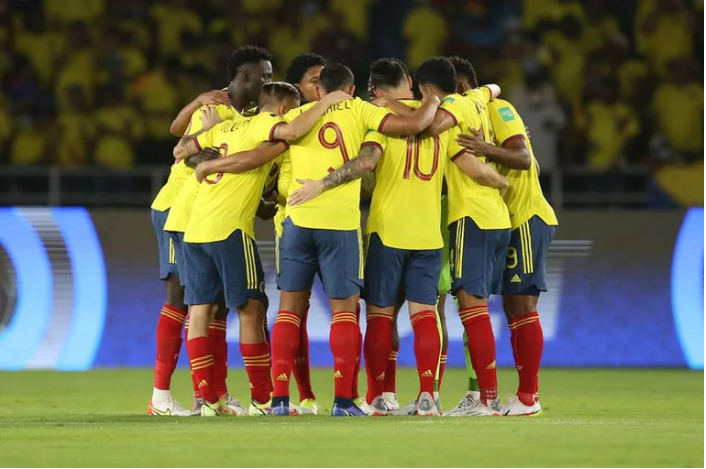Deputies of the parliament elected in 2015 approved its continuity for twelve months until the end of 2022. They also maintain the line of not knowing the presidential elections of 2018 and the legislative elections of 2020 for being “fraudulent” processes
The opposition leader Juan Guaidó was ratified this Monday by the opposition as “in charge of the presidency” of Venezuela, a figure that this leader adopted in 2019 with international support to try to displace the socialist dictator Nicolás Maduro from power.
Deputies of the Parliament with an opposition majority elected in 2015, approved its “continuity (…) for up to twelve continuous months as of January 4, 2022”, maintaining its line of ignoring the presidential elections of 2018 and the legislative elections of 2020, processes that they report as “fraudulent”.
“The president of the National Assembly will act as the person in charge of the presidency” of Venezuela “for the purpose of defending democracy and directing the protection of State assets abroad,” he said, referring to state funds blocked from the Maduro administration. in the United States and other countries, an agreement was approved around midnight in a meeting by the Zoom platform.
However, attributions of the so-called “interim government” were reformed with the promise of greater controls in the management of public resources, and positions in that structure were eliminated.
“(It) is a reform that represents, at this moment, being able not only to render accounts in a more transparent way to the country but to be more agile,” celebrated Guaidó, thus avoiding divisions between the main opposition parties regarding their statute.
After ignoring the re-election of Maduro in 2018 in a vote in which the main opposition parties refused to participate as a fraud, Guaidó took office as interim president in front of a crowd in a square in Caracas.
The United States, Guaidó’s main ally and one of more than 50 countries that recognized his interim gave control of blocked Venezuelan assets to the Maduro administration abroad. Complaints of corruption and mismanagement have jumped in recent months, deepening divisions between different sectors of the opposition.
The so-called unitary platform of the Venezuelan opposition agreed to support an extension, until December 31, 2022, to the “presidency in charge (interim)” of Guaidó, which several anti-Chavez figures have opposed.
“With unanimous support from the unitary platform, the assembly approved the constitutional continuity of the legislative power and the presidency in charge,” the opposition published on its Twitter account.
Guaidó appointed a delegated commission, an instance contemplated in the Constitution to operate only during the vacation periods of the deputies and which is made up of less than 10% of the plenary session, made up of members of the AN, with an opposition majority, and of which they unchecked several former deputies.
In that commission, which does not have the backing of all the former legislators who were initially supposed to join it, Guaidó received the backing to extend his post.

















































































